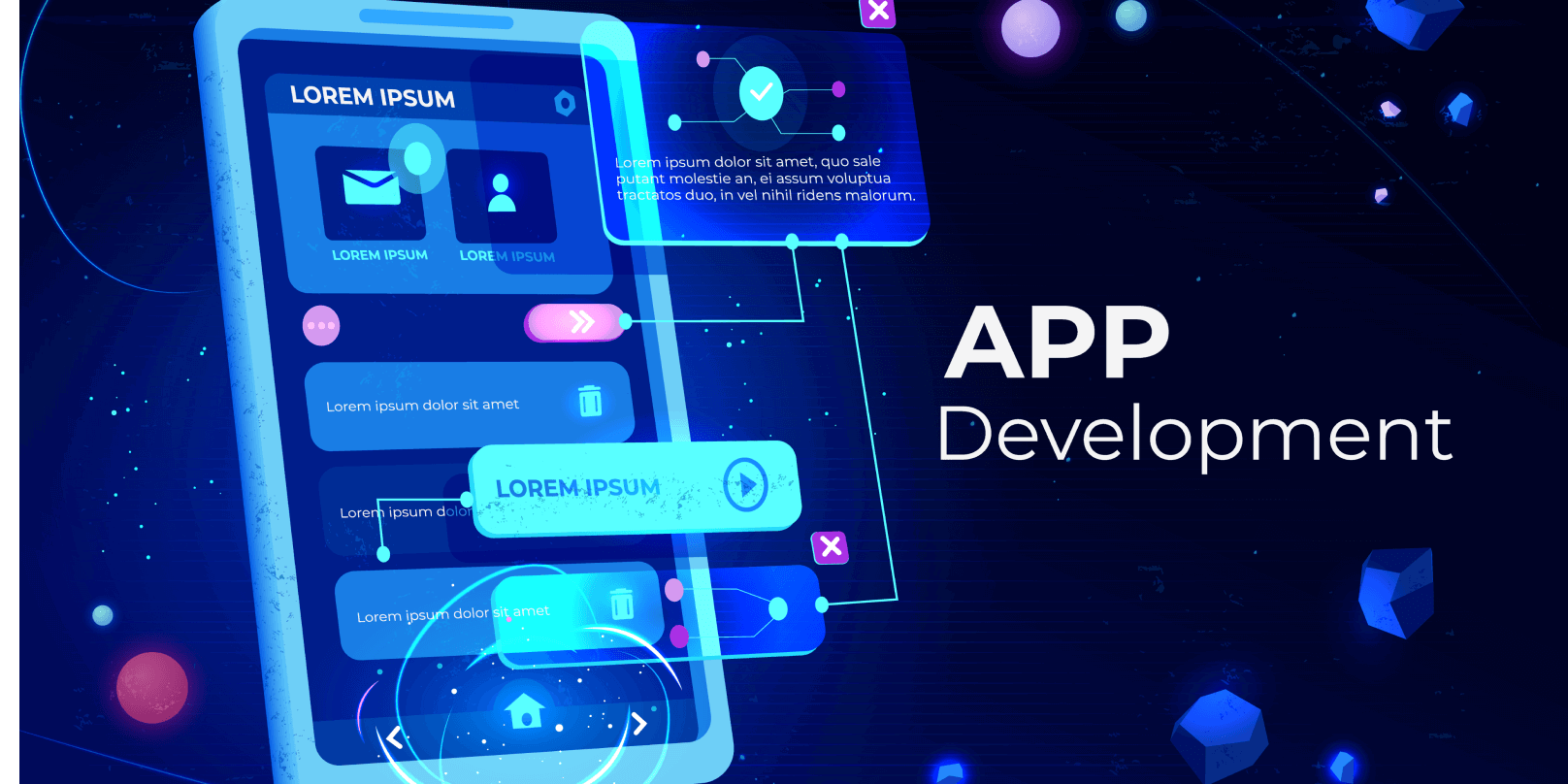How Much Does It Cost To Develop A Custom Application?

In the modern business world, digital transformation is key to staying ahead of the competition. One of the most effective ways for businesses to provide tailored solutions to their users is through the development of custom applications. Whether for mobile devices, desktops, or web platforms, a custom app provides unique functionality and design that aligns perfectly with a company’s specific needs. However, a frequent concern for businesses is understanding the cost of developing a custom application. This article delves into the factors that influence the cost of custom app development and explores how to determine a suitable budget for your project.
What Is Custom Application Development?
Custom application development is the process of creating software applications designed to meet the specific requirements of a business or organization. Unlike off-the-shelf solutions, custom apps are built from scratch to cater to unique business goals, processes, and user expectations. Whether it’s a mobile app, desktop software, or web-based application, custom app development ensures that businesses get a solution that is fully optimized for their operations.
For companies looking to enhance their digital offerings, custom app development provides the opportunity to implement features that are not available in standard software solutions. For example, companies may require special integrations, unique user interfaces, or a system that fits into an existing IT infrastructure. These custom features often make the development process more complex and can have an impact on the overall cost.
Factors Affecting the Cost of Custom Application Development
When considering the cost of custom app development, several factors need to be taken into account. These factors can significantly impact the final price, making it crucial for businesses to understand what contributes to development costs.
Let’s explore some of the most influential factors:
Type of Application
One of the primary factors influencing the cost of custom application development is the type of application being developed. Generally, the more complex and feature-rich the application, the higher the cost.
Here are the different types of applications businesses may choose to develop:
- Mobile Applications: Mobile apps can either be developed for iOS, Android, or both. Development costs for mobile apps vary depending on platform preferences, design complexity, and functionality. Cross-platform apps may cost more upfront but provide more extensive reach across different user bases.
- Web Applications: A web application is a powerful tool for businesses that want to offer users functionality via browsers rather than relying on desktop software. Web application development generally involves designing a user-friendly interface and integrating various backend technologies.
- Desktop Applications: These applications are designed for specific operating systems such as Windows or Mac OS and can be more complex to develop, especially if they require specific integrations or performance capabilities.
Development Time and Complexity
The amount of time needed to develop a custom application depends on its complexity. Applications that involve advanced features like AI, real-time processing, or large-scale integrations will require more development time. Additionally, if the app must integrate with existing systems (such as ERPs or CRMs), this can increase the time required for website development.
More time spent on design, testing, and refinement naturally leads to higher costs. Smaller applications with fewer features may take weeks to build, while large-scale, enterprise-level applications may take several months or even longer to complete.
Development Team and Location
The cost of hiring developers plays a significant role in determining the total development cost. The rates charged by developers vary based on geographic location. For example, hiring a web developer in Calgary may be more expensive compared to hiring a developer in other regions due to local labor costs, skill availability, and market demand.
Additionally, the size and experience of the development team matter. A team with more expertise and proven success in custom app development may charge higher rates but will likely produce a more polished and reliable product. Therefore, businesses need to assess whether the cost of the development team aligns with their budget and project requirements.
Design and User Experience
Design is a critical factor in custom application development. A well-designed interface that offers a smooth user experience can significantly impact the success of the application. The complexity of design elements, such as animations, custom graphics, and interactive interfaces, will affect the cost.
Moreover, the need for responsive design to ensure the app works across multiple devices and platforms may also increase development costs. Investing in quality design can ultimately enhance user satisfaction, retention, and the overall success of the application.
Maintenance and Updates
Once a custom application is developed, it requires ongoing maintenance to ensure that it continues to perform well and remains secure. Maintenance costs include bug fixes, software updates, and adapting the app to any changes in operating systems or technology platforms. This is an important consideration when budgeting for the overall cost of developing a custom application.
Some businesses may opt for a long-term relationship with the development team to ensure that their application remains up-to-date and functional.
Estimating the Cost of Custom Application Development
The cost of custom app development varies depending on the specific needs of the business and the factors mentioned above.
However, to provide a rough estimate:
- Small-Scale Applications: For small businesses with straightforward requirements, custom application development can range from $15,000 to $50,000. These applications may involve basic features and a simple user interface.
- Medium-Scale Applications: Applications that require more advanced features, integrations, or a custom design may cost between $50,000 and $150,000. These apps are often designed for businesses with more complex needs but may not be enterprise-level.
- Large-Scale Applications: For large enterprises or applications with intricate features, real-time processing, or high levels of security, the development cost can exceed $150,000 and may go up to several million dollars.
It is important to factor in additional expenses for maintenance, marketing, and potential future updates, as these can impact the long-term costs associated with the application.
Conclusion
Understanding the costs associated with developing a custom application is crucial for businesses looking to embark on such a project. The total cost depends on a variety of factors, including the type of app, the complexity of the development, the location and expertise of the development team, and ongoing maintenance needs. By taking these factors into account and working with experienced developers, businesses can ensure they invest in a solution that meets their needs and delivers long-term value. Whether it’s a web application development project or custom app development, careful planning and budgeting are essential for a successful outcome.
FAQs
Q. What is the difference between custom app development and off-the-shelf software?
Custom app development creates a unique solution tailored to a specific business, while off-the-shelf software is a ready-made solution designed for general use. Custom apps offer better flexibility and scalability.
Q. How long does it take to develop a custom application?
The timeline varies depending on the app’s complexity. Small apps might take a few weeks to develop, while large-scale applications may take several months to complete.
Q. Do I need to hire a web developer in Calgary for custom web applications?
Hiring a local web developer in Calgary can be beneficial if you require face-to-face collaboration. However, remote developers are also an option depending on your needs.
Q. Is it necessary to update a custom app regularly?
Yes, regular updates ensure that the app remains secure, functional, and compatible with new operating systems. It is essential for maintaining a high level of performance.
Q. Can a custom app be scaled as my business grows?
Absolutely. One of the key benefits of custom app development is scalability. As your business needs evolve, custom applications can be updated to handle increased traffic, new features, or integrations.



